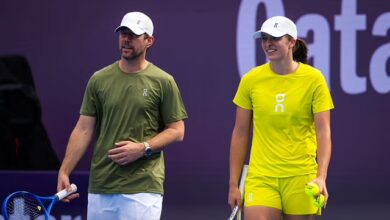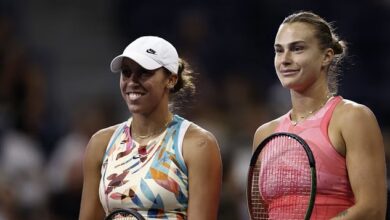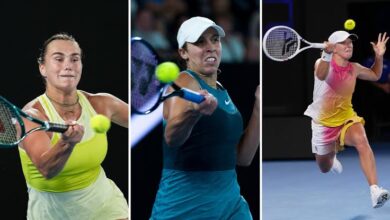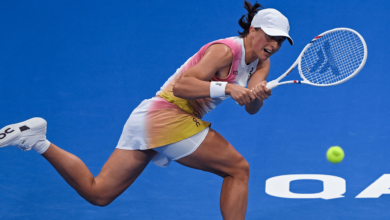Andy Murray on childhood, success and the advice his daughter gave him
Tennis ace Sir Andy Murray discusses his career, what he learnt from Roger Federer and how he wishes he hadn't been so hard on himself.
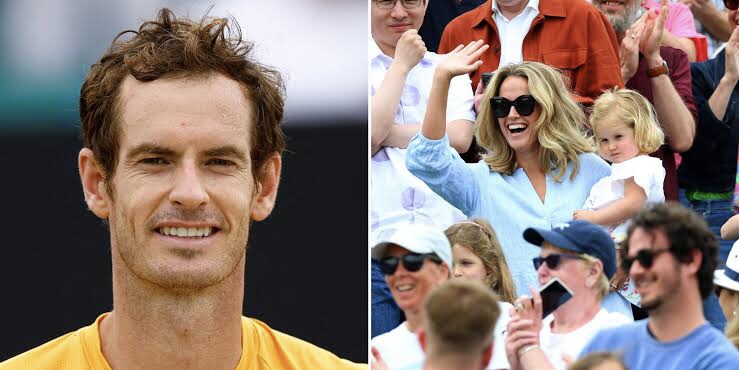
Sir Andy Murray’s glittering career has seen him reach the pinnacle of tennis, with three grand slam titles and an Olympic gold medal to boot.
Here, in his Letter to my Younger Self, the former world number one tells The Big Issue what he’s learnt during his career, and why he’d still like to sit down with Sir Alex Ferguson for some life lessons.
By the time I was 16 I was really starting to think tennis was going to be my career. I started playing tennis when I was around four years old, mostly through my mum being a tennis coach and having a brother [top level doubles player Jamie] of similar age – there’s only 15 months difference between us.
We used to do everything together. It was really nice to have a brother so close in age. Of course we had fights and arguments, but we had great times as well.
We’re quite different personalities. When we’re together there’s a sort of natural order of things. Jamie, being the older one, grew up kind of dictating what we did – he would probably be a bit more bossy. And he’s probably a little bit more outgoing in general. I’m certainly more reserved when I meet new people. But we’re both very, very competitive.
The only worry my younger self really had was to do with my family. If your parents separate when you’re pretty young [Judy and William Murray separated when Andy was 10] that can be difficult. At that age you just want your family to be OK. So I did worry about that.
As a dad myself now I appreciate a lot more what our parents did for us as kids. They allowed us to go away abroad to train and pursue our dreams of having careers in tennis and that takes a lot of time and it’s an expensive sport.
If my kids were in that situation at 12 years old, telling us, “I want to leave, I want to go abroad”… I can imagine that must be very difficult for parents, and I probably wouldn’t want them to do it. But from my side of things as a teenager, those were some of the best years of my life.
I didn’t really feel I had a chance of doing something really good in tennis until I was about 18. I watched [Roger] Federer on the TV when I was young, and I took a lot of notes, coming up with strategies of what I would do if I was playing against him. Also [Rafael] Nadal, who was only one year older than me. and I’d already played against in juniors. So I could think, I know him, I’ve played against him, why couldn’t I do what he’s doing?
But I also knew, though I was a good junior, there were lots of top juniors who didn’t go on to do anything. It was only when I started competing on the main tour and making finals of big events and performing well against some of the top players, I realised, yeah, I’ve got a real chance here.
If I wanted to really amaze the teenage me with one moment I’d probably tell him about winning Wimbledon for the first time [in 2013]. When I was a kid that was the tournament we watched on TV. We didn’t have Sky or the internet to watch the US Open or the Australian Open or any of those tournaments. But we watched Wimbledon on TV and when we were very young my mum took a bunch of Scottish kids in a mini-van to see it in real life. So if someone had told me when I was 16 I would win Wimbledon one day… well, I wouldn’t believe them.
If I’m honest, the whole experience of that first Wimbledon win was a strange one emotionally. It’s difficult to explain – you would think that winning something like that, achieving your dream, you’d be filled with joy and happiness. But you know, I just felt a bit numb.
